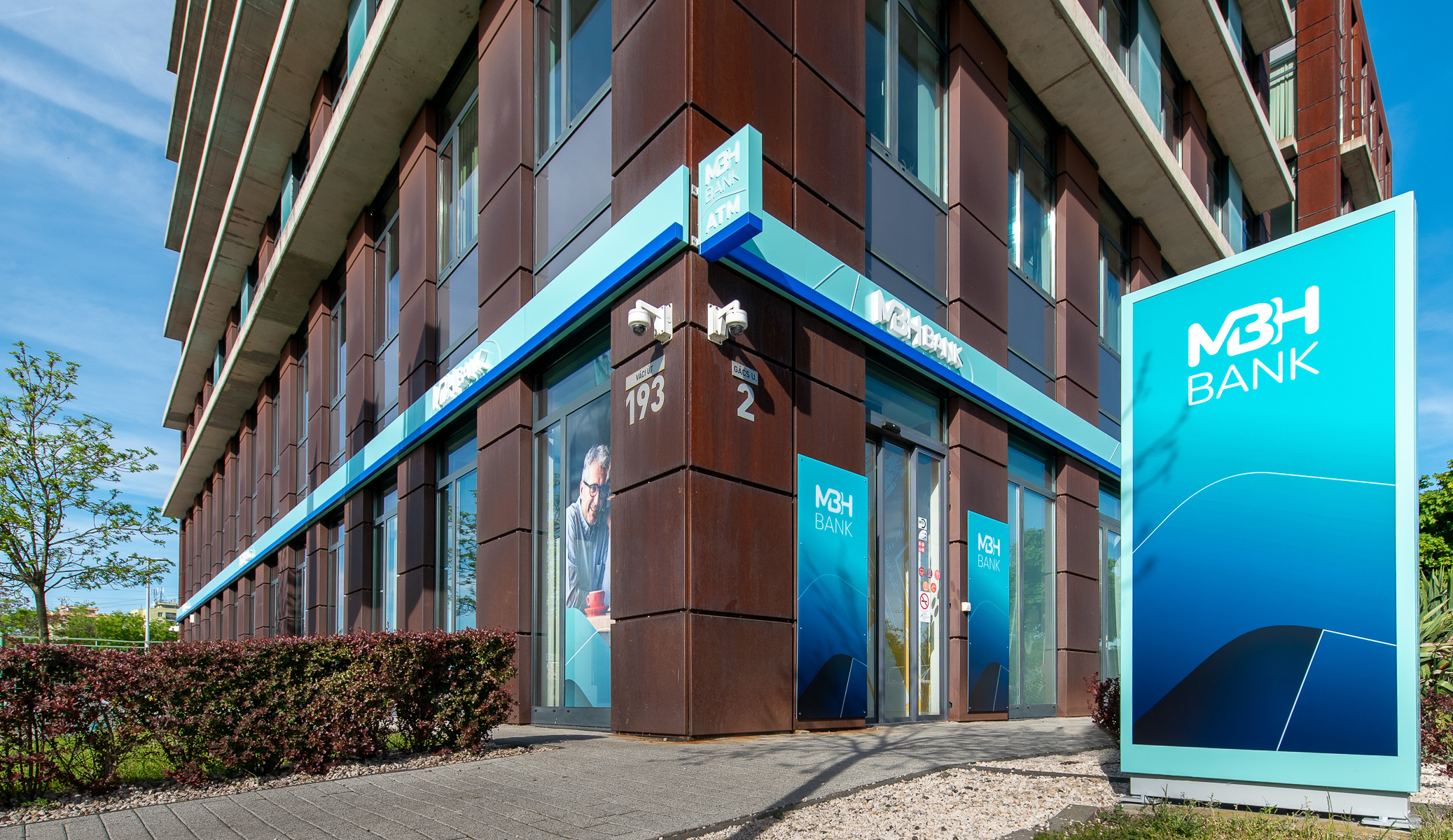Economic Empowerment for Women: Increasing Equality in Hungary

AmCham Hungary CEO Írisz Lippay-Nagy signs the “Empower Her” initiative, alongside U.S. Ambassador David Pressman.
Photo courtesy of U.S. Embassy.
Initiatives and research programs across Europe are highlighting both issues of gender disparities within the workplace and the benefits that come from inclusivity and equality between genders in economic settings. Hungary has risen among the ranks for decreasing inequality in aspects such as the wage gap disparity and funding of women-led startups, a familiar story across Central and Eastern Europe.
In recent years, an increasing number of initiatives working towards the economic equality of women have been founded across Europe, with one of the most recent movements in the country being AmCham Hungary’s “Empower Her” initiative, dedicated to promoting women-led entrepreneurship and equality within international trade.
The initiative is a joint effort between the U.S. Department of Commerce’s Commercial Service, the American Chamber of Commerce to the European Union (AmCham EU), and AmChams in Europe (ACE). It was introduced to the country, signed and put into motion by AmCham Hungary in March 2023, with continuous efforts for equality within the workplace.
The movement’s long-term goals include working towards gender equality in international trade, urging American and European companies to diversify their workplace, and supporting women-owned businesses with the necessary tools and services. The initiative also hopes to increase female entrepreneurs’ awareness of trade, investment, and export-related services.
In honor of the 35th anniversary of the foundation of AmCham Hungary this year, the organization hopes to collect 35 additional institutional signatures on the Empower Her declaration by the end of 2024.
Apart from initiatives promoting gender equality and empowerment for women in the workplace, research on these topics is crucial to show that such efforts can make a difference.
PwC’s 2024 Women in Work Index delved into the gender pay gap issue across OECD countries, ranking various nations based on five indicators: the country’s gender pay gap, women’s labor market participation rate, the difference between men’s and women’s labor market participation rates, women’s unemployment rate and the full-time employment of women.
Hungary Improves
Luxembourg was placed first in the index, followed by Iceland and, intriguingly, Slovenia. The index highlighted the improvement of Hungary’s ranking, as the country rose one place in 2022 (the year for which the latest information is available) into the top 15 from 16th place in 2021.
Hungary’s score rose by three, from 68.1 to 71.1, due to factors such as the labor market participation of women rising by 1.2 percentage points to 72.4%, and the domestic gender wage gap decreasing from 17.3 to 16.1%.
“While this is still a long way from gender equality, improving indicators suggest that corporate efforts to achieve this are beginning to show results,” says Márta Reguly, head of PwC Hungary’s HR consulting team responsible for collecting the domestic results.
“Examples [of efforts] include company programs that support women’s career development or practices regarding the reintegration of mothers with young children and flexible forms of employment,” Reguly adds.
Issues of gender wage gaps and lack of labor participation by women are usually the most often referred to examples of gender inequality within an economic system. However, women also face disparities in many other work areas, such as entrepreneurship and team-leading opportunities.
Recent research published Healthy Investment Central Eastern Europe (HiCEE) sheds light on these pressing issues regarding gender inequality throughout Europe. Many health disparities stem from social determinants including gender disparities. Increasing diversity in the corporate world and beyond can facilitate collaboration between stakeholder groups and lead to better access to resources, and a better healthcare ecosystem
The organization aims to narrow the investment gap between the region and more developed parts of Europe. Spearheaded by EIT Health, Europe’s leading network of healthcare innovators, the initiative recognizes the specific challenges faced by health and life science startups in CEE.
The consortium’s partners represent business acceleration service providers and investor networks from Hungary, Poland, Slovakia, and Slovenia, as well as innovation hubs from Belgium and the Netherlands.
Huge Funding Disparity
According to the organization, only one percent of Central Eastern Europe startup funds go towards companies founded by women, with more than 94% of funding distributed amongst companies led solely by men. Despite that disconnect, its data shows that increased funding of women-led startups would be economically beneficial.
The “Funding in the CEE Region” report highlights that companies founded by women generate almost twice as much revenue per euro of funding received at 96% than those established by men.
“Diverse teams have been shown to be more innovative and effective, leading to better business outcomes. Therefore, addressing gender diversity is not only a matter of fairness but also a strategic imperative for fostering a vibrant, innovative healthcare ecosystem,” explains Magda Krakowiak, EIT Health director of business creation.
Research on the disparity between genders within the workplace is just as relevant in Hungary as they are in much of Europe. According to the Hungarian Startup Report 2022, only a quarter of domestic startup companies have at least one female founder. The report also highlights a significant gender imbalance in access to financing from venture capital and angel investors.
“I see many more brilliant women than female founders, and it’s bad. This way, we lose the innovative power of many talented women. We should change it for our own sake,” says Péter Csillag, president of the Hungarian Business Angel Network.
The good news in the wake of International Women’s Day on March 8 is that there are an increasing number of programs within Hungary promoting the recognition and equality of women, not only within the workplace but in education, research and leadership opportunities in various fields. The next challenge is making sure women know about them and are able to make use of them.
Visa Relaunches’ She’s Next’ in Hungary
Visa is relaunching its international “She’s Next” program in Hungary to support the development of women-led SMEs. Building on the success of last year’s program, female entrepreneurs will again be able to apply for five grants of HUF 2 million each. Winners will also receive business development mentoring for a year to help them grow. Applications can be submitted by April 30 using a simple form. Hungarian women entrepreneurs are most likely to seek knowledge-transfer support in the areas of marketing (44%), finance (30%), and digitalization (26%), Visa says.
This article was first published in the Budapest Business Journal print issue of March 22, 2024.
SUPPORT THE BUDAPEST BUSINESS JOURNAL
Producing journalism that is worthy of the name is a costly business. For 27 years, the publishers, editors and reporters of the Budapest Business Journal have striven to bring you business news that works, information that you can trust, that is factual, accurate and presented without fear or favor.
Newspaper organizations across the globe have struggled to find a business model that allows them to continue to excel, without compromising their ability to perform. Most recently, some have experimented with the idea of involving their most important stakeholders, their readers.
We would like to offer that same opportunity to our readers. We would like to invite you to help us deliver the quality business journalism you require. Hit our Support the BBJ button and you can choose the how much and how often you send us your contributions.










